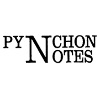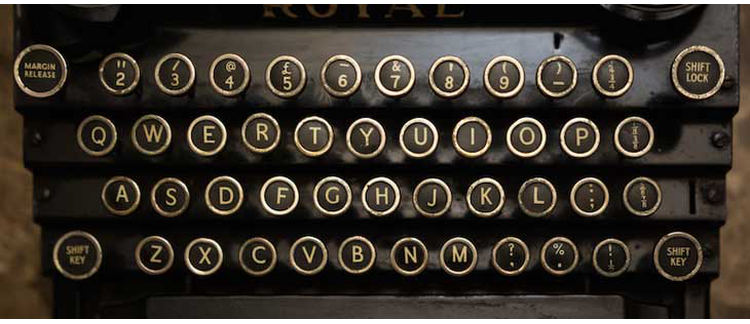Abstract
The writing machine in fiction is almost always a self-reflexive site, a metaphor authors from Swift through John Barth, Italo Calvino and William Gibson use to explain and display their own techniques. Franz Kafka, with the Sentencing Machine in "In the Penal Colony," and Thomas Pynchon, with the therapeutic Puncutron Machine in Vineland, however, both use the writing machine in an additional way: to write directly on the body of a subject to produce transcendental illumination, the first as punishment, the second as healing. Comparing these two machines illuminates a territory of postmodern metaphysics and transcendent belief curiously underexplored in most criticism about postmodernism.
How to Cite:
Porush, D., (1994) “"The Hacker We Call God": Transcendent Writing Machines in Kafka and Pynchon”, Pynchon Notes , 129-147. doi: https://doi.org/10.16995/pn.202
Downloads:
Download PDF

